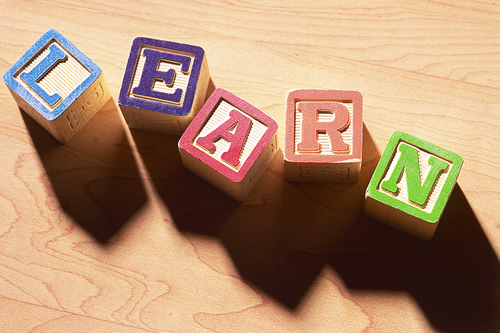Hoff, Christina
Page Navigation
- Miss Hoff's Homepage
- Announcements
- All About Miss Hoff
- 2020 - 2021 Second Grade Supply List
- Summer Reading Suggestions
- Second Grade Curriculum
- Questions
- Class Expectations
- Classroom Newsletter
- Class Schedule
- Grading Policy
- Homework Policy
- New Report Card Changes
- Homework
- Author of the Month
- Scholastic Book Club Ordering
- Fun Content Area Links
- Calendar
- Miss Hoff's Twitter
- Extended Closure Home Resources
- Online Home Instruction
- Myers Corners Elementary School
- Second Grade Curriculum
- Second Grade Syllabus
-
Second Grade SyllabusReading: We are using the comprehensive literacy approach to Reading.
This approach allows children to read and work in small groups at
a comfortable instructional level as well as participating in shared
reading experiences using various pieces of literature. The small
groups are flexible and children are never locked into a specific
group. The units of study are: Reading Growth Spurt, Becoming
Experts: Reading Nonfiction, Studying Characters and TheirStories, Bigger Books Mean Amping Up Reading Power, ReadingNonfiction Cover to Cover: Nonfiction Book Clubs, and SeriesBook Clubs.Language Arts: Our grammar work will focus on the following parts ofspeech: nouns, verbs, adjectives, and adverbs. We will
be composing paragraphs and writing journal entries
that include topic sentences, supporting sentences with
detail, and concluding sentences using the Writer’s
Workshop format. We will compose written paragraphs
based on the different genres of writing, narrative,
opinion, and informational. The units of study are:
Improving Narrative Craft, A How-To Guide to
Nonfiction, Writing Gripping Fictional Stories,Poetry: Big Thoughts in Small Packages, LabReports and Science Books, and Writing AboutReading.Mathematics: The major goal of this year is to know all addition and
subtraction facts from 1 – 20 without hesitation. The
units of study are: Numbers to 1,000, Adition to 1,000,
Subtraction to 1,000, Using Bar Models for Addition and
Subtraction Multiplication Tables of 2, 3, 4, 5, and 10,
Mental Math and Estimation, Money, Fractions, Metric and
Customary Measurement of Length, Time, Graphs and Line
Plots, Lines and Surfaces, Shapes and Patterns.
Word Study: We will work with a certain phonological skill using
Fundations in each unit. During the week, there will
be Spelling and phonics activities in class that
reinforce the current unit sounds. The list of sample
Spelling words dealing with the sound(s) of the unit
will be sent home at the beginning of every unit. Trickwords for the unit will be included in the unit overviewalong with a homework guide for the length of the unit.These trick words must be memorized as they do notfollow the rules of the unit. At the end of each unit, atest will be given assessing the sounds from that unit.Please use the weekend as time for your child topractice spelling the trick words and working withexample words that include the sounds of the unit.Social Studies: We will learn about several topics in relation to
our communities and other communities. The units of
study are Active Citizenship, Rural, Urban and Suburban
Communities, Geography of Communities and Changeand Interdependence in Communities.Science: Our Science instruction is based on the revamped Science 21
curriculum. The new units of study incorporate the current
performance standards, cross-cutting concepts and the
science and engineering practices. The units of study are:
Structure and Properties of Matter, Earth's Systems:
Processes That Shape the Earth and Interdependent
Relationships in Ecosystems.


